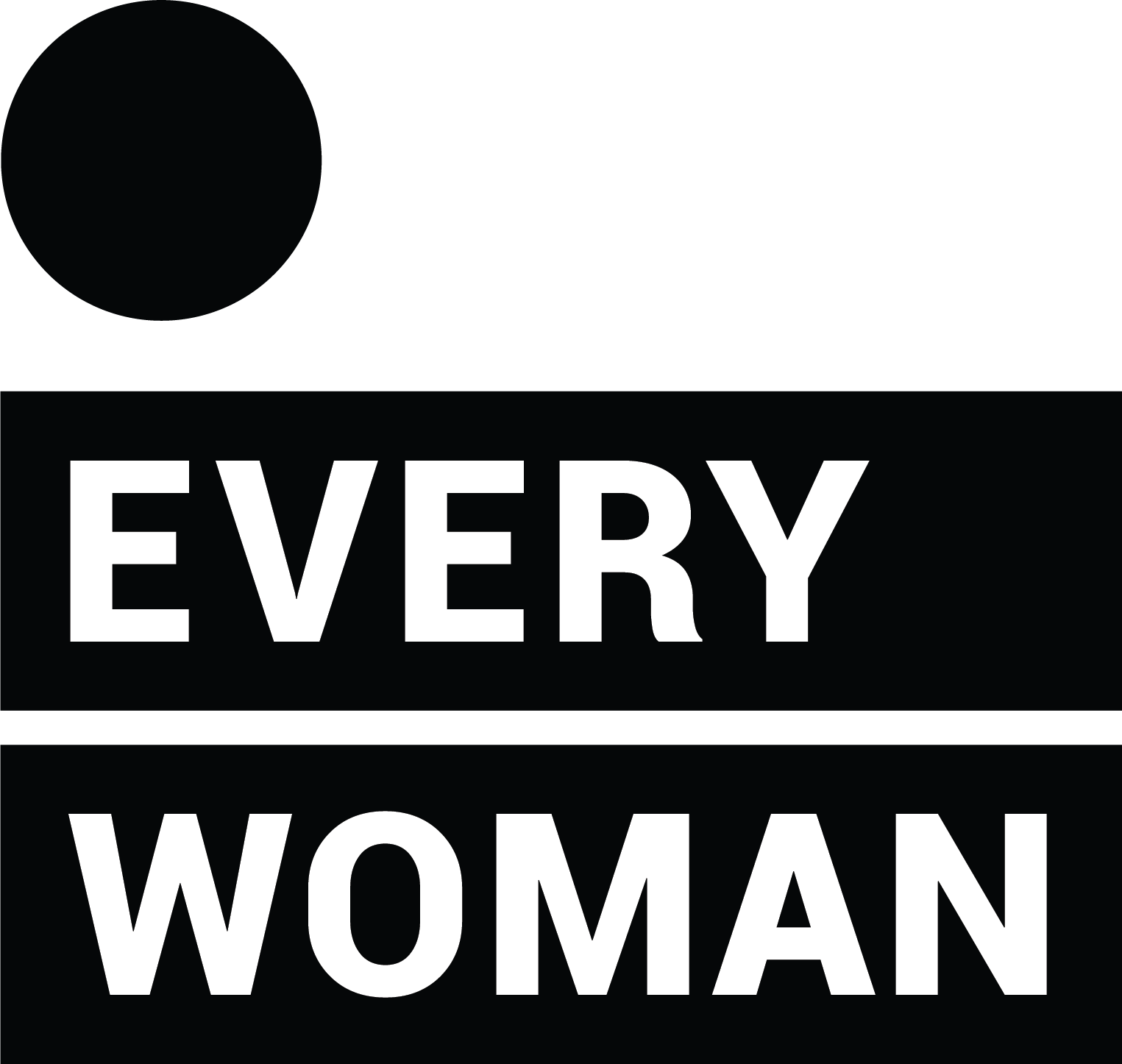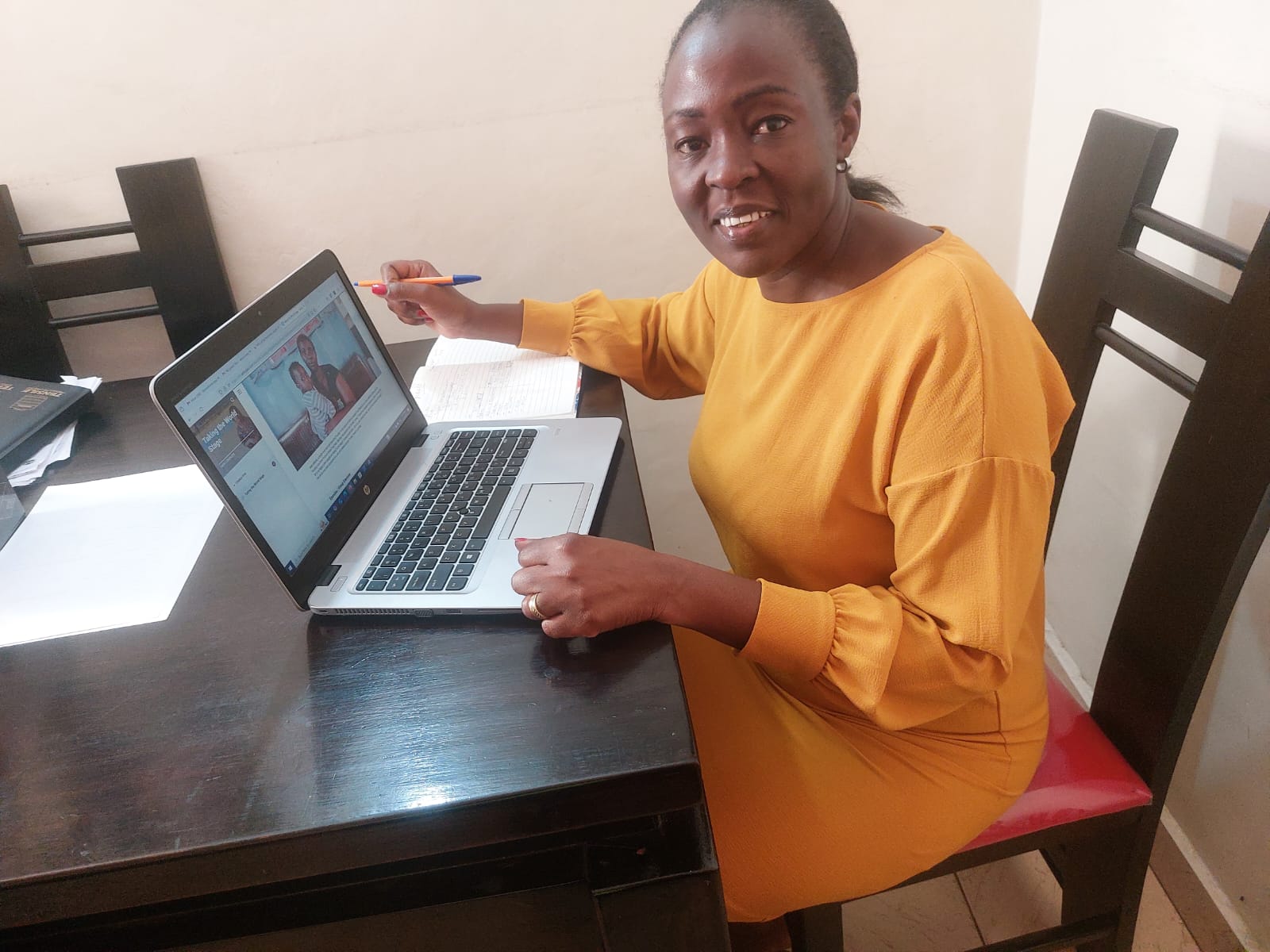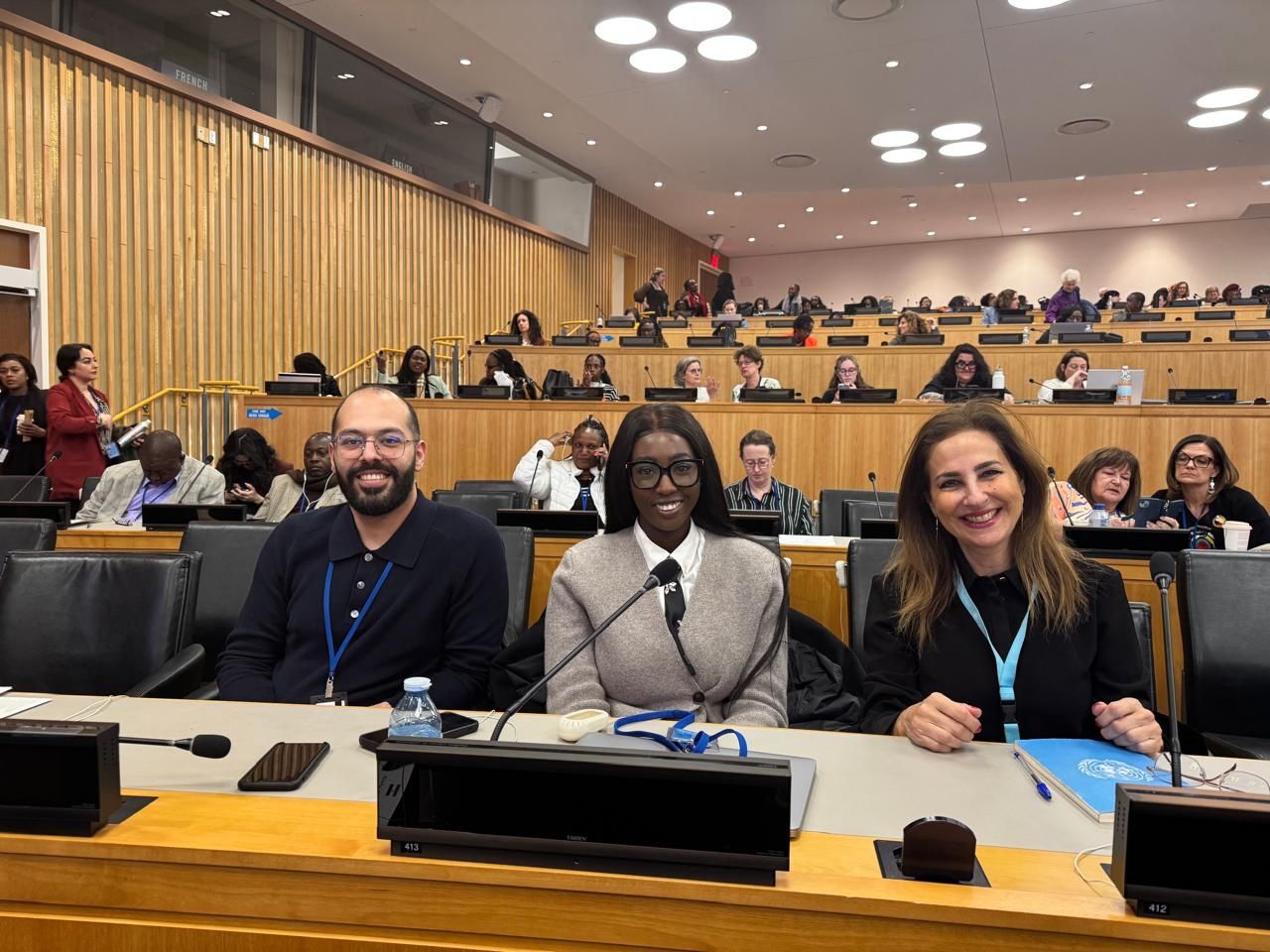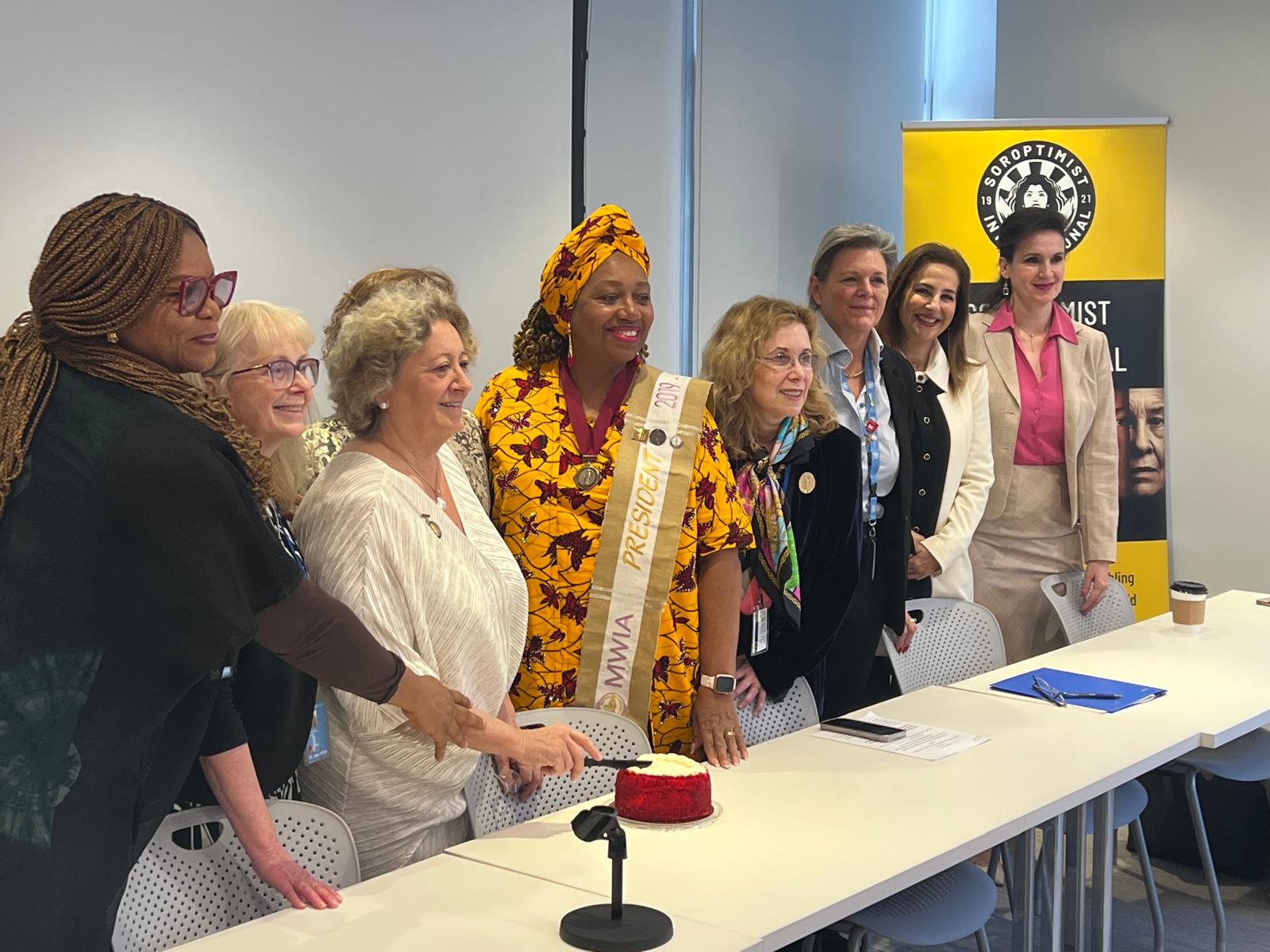#16Days Essay Series Every year, women’s rights activists across the globe participate in 16 Days of Activism against Gender-Based Violence from November 25, the International Day for the Elimination of Violence Against Women and Girls, to December 10, Human Rights Day. This year, members of Every Woman’s Emerging Leaders Council (activists under 35) are publishing six essays from six continents on how a new Optional Protocol to CEDAW can increase global accountability — part of this year’s theme — on ending violence against women and girls.
On October 1st, 2024, Claudia Sheinbaum Pardo made history as the first woman elected President of Mexico, a significant milestone in Latin America’s ongoing struggle for gender equality. This landmark event brings renewed hope to a region where only seven countries are currently led by women, illustrating the growing momentum for female leadership.
However, the joy of this achievement is tempered by the sobering reality that between nine and ten women are murdered every day in Mexico alone. Last year, over 3,000 women were murdered. This stark statistic underscores the urgent need for systemic change that dismantles the violence that prevents more women from achieving leadership positions.
It’s not just Mexico. More than 40 women have lost their lives violently in Costa Rica since mid-August, with 13 classified as femicides. Regionally, Latin America has some of the highest rates of gender-based violence, according to the Mapa Latinoamericano de Feminicidios. In 2023, the region experienced a feminicide every two hours, leading to over 10,000 femicides between 2021 and 2024.
These figures highlight the urgent need for a comprehensive approach to combat gender-based violence across the region and highlight the critical importance of progressive female representation in decision-making roles. Such representation is essential for enacting policies that protect women and girls and foster environments where they can thrive and aspire to leadership, and promote global actions.
While instruments like the Belém do Pará Convention have played a pivotal role in shaping Latin America’s commitment to combating violence against women, the need for stronger and updated legal mechanisms remains pressing. As advocates, we are calling for a new Optional Protocol to the Convention on the Elimination of All Forms of Discrimination Against Women (OP-CEDAW) dedicated to ending violence against women and girls because we know it would be a crucial step forward. It would establish more robust international standards to protect us from violence, creating clear pathways for justice and accountability where national systems fall short.
Recent cases of violence, such as that of Nadia Peraza in Costa Rica, starkly illustrate the urgency of the need for stronger systems. Nadia’s brutal murder — she was dismembered and hidden in a refrigerator — shocked the nation and exposed a system that repeatedly overlooked her cries for help. Despite multiple police visits to her home due to reports of domestic violence and her request for protection, no effective action was taken.
This tragedy exemplifies the consequences of inadequate legal protections and the urgent requirement for actions and binding international mechanisms to ensure that victims receive the justice and support they need.
The manifestations of machismo and patriarchy in Latin America contribute significantly to the rising tide of violence against women. When potential aggressors observe that threats against victims go unpunished, they feel emboldened to perpetrate violence without fear of repercussions. This toxic culture not only endangers women’s lives but also instills fear and trauma in families and communities.
We can change this
The complexity of violence against women and girls — its different forms, multiple actors, and underlying social norms — requires a strategic approach. A new OP-CEDAW provides that.
The case of Maria da Penha is an example of how international law makes a difference. After being electrocuted and shot by her husband, Maria da Penha’s case was stuck in Brazil’s court system for 20 years, while her husband remained free. So Maria filed a landmark case with the Inter-American Commission on Human Rights, citing the country’s failure to comply with the Convention of Belém do Pará, a regional treaty on violence against women and girls. The court found Brazil had condoned domestic violence through ineffective judicial action. Her husband was jailed and Maria received compensation and an apology from the government. Brazil then passed Law 11.340/06, known as the “Maria da Penha Law,” which acknowledged different types of violence and outlined protective measures for victims and preventative arrest of offenders.
Her case demonstrates that international law and the international human rights system provide women, activists, and prosecutors with a legal instrument they can use for justice and that these instruments promote internal changes in different countries, like Brazil.
Like Belém do Pará, a new OP-CEDAW on violence against women and girls would mandate changes at the national level and push Brazil and other countries to update laws. While the Maria da Penha Law was an extraordinary step at addressing intimate-partner and family violence, it doesn’t fully address institutional violence — how the police, court system, healthcare workers, and others treat women, indicating the necessity of a stronger mechanism.
A new OP-CEDAW would reinvigorate States’ commitment to Belém do Pará, working to reconstruct the way that States and their institutions relate to women, address violence against women, and prosecute perpetrators.
Moreover, a global binding norm on violence against women will encourage Latin American nations to provide data collection, allocate resources, and raise much-needed awareness on the problem and solutions through violence-prevention programs and campaigns.
This new scenario of stronger laws, institutional reform, and violence prevention would create a more equal and safer world where women can aspire to be, and even become, president.
 AMANDA ARROYO CABEZAS (Costa Rica) is a Central American feminist activist, currently serving as the Programs Director of Nosotras Women Connecting and the President of the Youth Climate Council in Costa Rica. Her leadership has been recognized by the U.S. Department of State, Vital Voices Global Partnership, and NGO CSW. Amanda is an Every Woman Fellow alumnus. She represented Every Woman Emerging Leaders Council as a spokesperson at events at the Carter Foundation and the United Nations Commission on the Status of Women (CSW67 and CSW68).
AMANDA ARROYO CABEZAS (Costa Rica) is a Central American feminist activist, currently serving as the Programs Director of Nosotras Women Connecting and the President of the Youth Climate Council in Costa Rica. Her leadership has been recognized by the U.S. Department of State, Vital Voices Global Partnership, and NGO CSW. Amanda is an Every Woman Fellow alumnus. She represented Every Woman Emerging Leaders Council as a spokesperson at events at the Carter Foundation and the United Nations Commission on the Status of Women (CSW67 and CSW68).
 MARCELA BESSA (Brazil) is a lawyer who devotes her time to advocating for human rights. She has provided pro bono legal assistance to women in need and consulted on international law projects aimed at protecting women’s rights. She is the author of multiple articles and legal papers on criminal law and women’s law. Marcela has completed postgraduate work in Public Law and in Human Rights and is currently pursuing a Master’s in Criminal Law at the University of Buenos Aires. She is a member of the Every Woman Emerging Leaders Council (activists under 35).
MARCELA BESSA (Brazil) is a lawyer who devotes her time to advocating for human rights. She has provided pro bono legal assistance to women in need and consulted on international law projects aimed at protecting women’s rights. She is the author of multiple articles and legal papers on criminal law and women’s law. Marcela has completed postgraduate work in Public Law and in Human Rights and is currently pursuing a Master’s in Criminal Law at the University of Buenos Aires. She is a member of the Every Woman Emerging Leaders Council (activists under 35).
Join the call for a new OP-CEDAW to end violence against women and girls! everywoman.org/#join
SOURCES
UN OHCHR, “We’re here to tell it:’ Mexican women break silence over femicides,” 03 July 2023, https://www.ohchr.org/en/stories/2023/07/were-here-tell-it-mexican-women-break-silence-over-femicides
Almudena Barragan, “More than 3,000 women are murdered in Mexico each year; How violence affects the youngest victims,” El Pais, 25 Nov 2023, https://english.elpais.com/international/2023-11-25/more-than-3000-women-are-murdered-in-mexico-each-year-how-violence-affects-the-youngest-victims.html
Milagro Torres,, “Alarmante aumento: 40 muertes violentas de mujeres en 2024,” Trece Noticias, 29 September 2024, https://www.sinartdigital.com/trecenoticias/nacionales/item/alarmante-aumento-40-muertes-violentas-de-mujeres-en-2024
Mapa Latinoamericano de Feminicidios, Mundosur, “En América Latina y el Caribese registraron 10548 feminicidios entre enero de 2021 y lo que va de 2024,” https://mlf.mundosur.org/lupa
Every Woman , Safer Sooner, February 2020, page 39, https://everywoman.org/wp-content/uploads/2024/05/SAFER-SOONER-small.pdf
Special Secretariat for Women’s Policies, Presidency of the Republic (Brasilia/Brazil), Maria de Penha Law, Law no 11.340/2006, https://www.institutomariadapenha.org.br/assets/downloads/maria-da-penha-law.pdf




